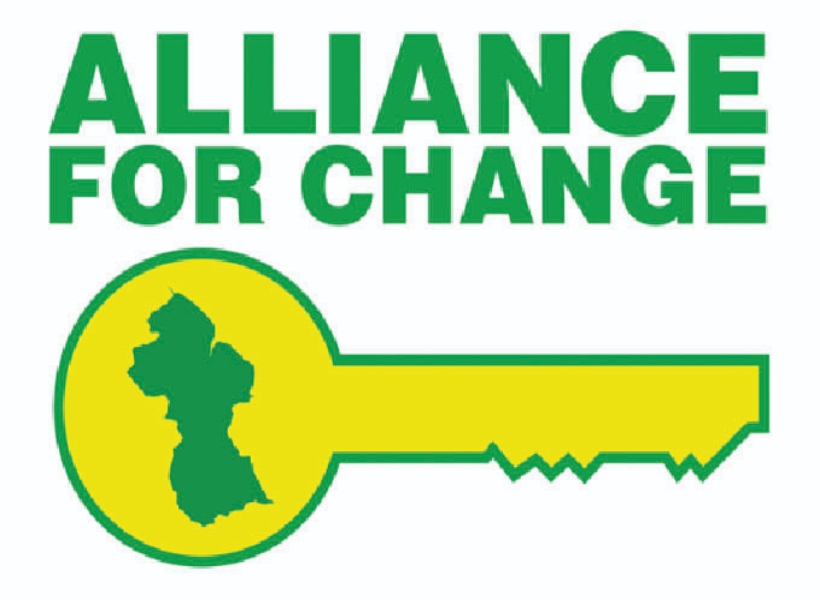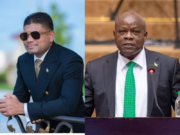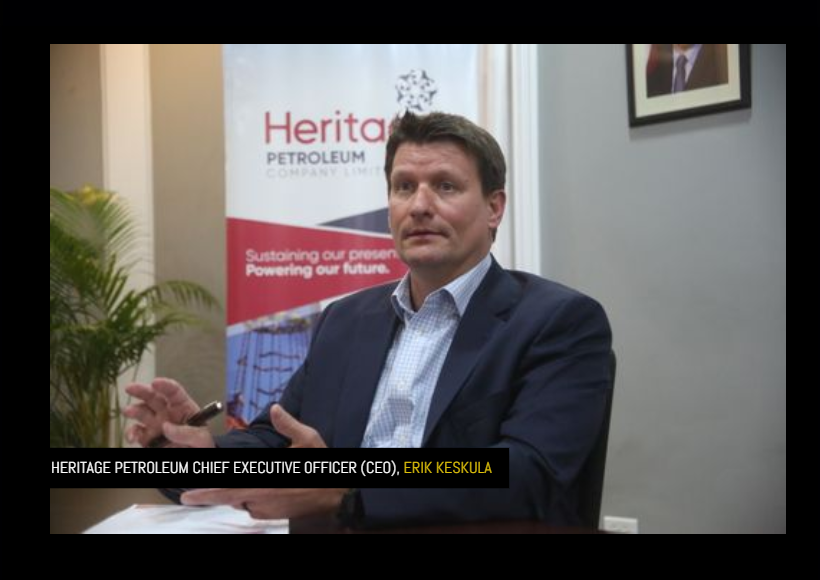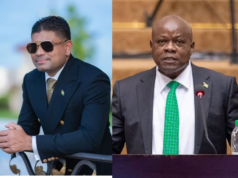Heritage Petroleum’s Chief Executive Officer (CEO) Erik Keskula recently underscored the critical need for Guyana to manage costs efficiently amid volatile oil prices so as to ensure its emerging oil and gas industry remains competitive.
Speaking on the Energy Perspectives Podcast, Keskula outlined that oil price fluctuations are an unavoidable challenge and that both companies and countries must prioritize cost control.
“Every company and every country struggles with predicting oil price and while we might get it right sometimes, we oftentimes don’t and so it’s extremely important for us, everyone in the industry whether that’s at the company or country level, that we manage our costs so that our product is competitive even at lower prices,” Keskula stated.
He warned that in rapidly growing oil-producing nations like Guyana, expenses could easily spiral if not carefully managed. To mitigate this risk, he stressed the importance of strong partnerships with the government, contractors and suppliers.
His remarks come at a time when Guyana continues to expand its oil sector with ExxonMobil Guyana Limited (EMGL) and its partners in the Stabroek Block ramping up production offshore with the aim of producing 1.3 million barrels per day by 2027.
Moreover, Keskula also highlighted the necessity of adopting sustainable practices, including emissions reduction and electrification, to ensure that production is conducted responsibly.
He said, “If we can produce our product in a way that has the least amount of emissions, the least amount of waste then that makes it better for everybody.”
Heritage Petroleum, an oil and gas company based in Trinidad and Tobago, has been focusing on optimizing its base production through technology and modernization.
Keskula noted that the company is actively working onshore and offshore, with exploration efforts inspired by recent activities in Guyana and Suriname.
He said, “We also have new expiration targets, and many people find that hard to believe in such a mature area as Trinidad and Tobago, however, through new ideas and learning a little bit from Guyana and Suriname we see how that might trend towards Trinidad and open up some opportunities there for us.”









